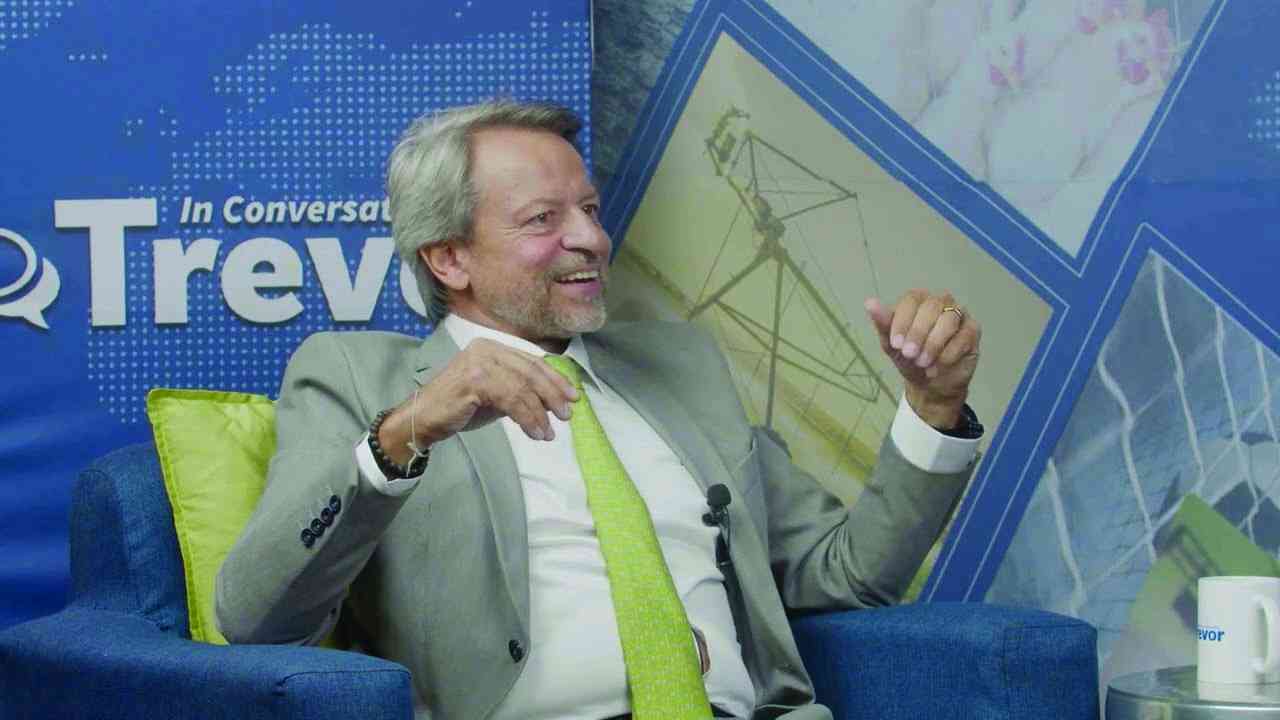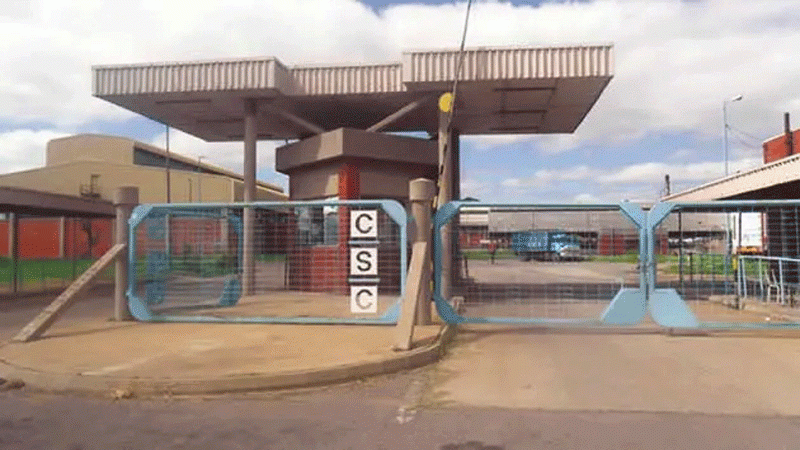
THE European Union (EU) wants key stakeholders, including the government, private sector and diplomatic missions, to unravel challenges associated with Zimbabwe’s troubled investment climate, Zimbabwe Independent can report.
The proposal was made by EU ambassador to Zimbabwe Jobst von Kirchmann during a mission’s Private Sector Dialogue Seminar held in Harare this week.
The seminar discussed investment opportunities between the bloc and Harare.
While Kirchmann reiterated that the EU had no sanctions against Zimbabwe, discussants, especially from the government, insisted that the more than two decade-long economic embargo was affecting investment prospects into the country.
Zimbabwe Investment Development Agency chief executive Tafadzwa Chinamo said the country had made inroads in tapping into the European economy despite scepticism from potential investors over the issue of sanctions.
He argued that while the EU delegation was insisting that the bloc had not imposed any sanctions on Zimbabwe, the message was not corresponding to sentiments “shared by investors in European countries”.
However, speaking to journalists after the seminar, Kirchmann insisted that the EU had no sanctions against Harare, but added that it did not allow companies in the bloc to export arms into Zimbabwe.
“We do not have any other form of sanctions against people, against trade, against the economy, whatsoever. So, I think when we talk to our companies, we are telling them that. We cannot talk about that to our entities,” he said.
- CCC urged to push for dialogue over reforms
- Japan, EU in lukewarm response to Zimbabwe’s lobby to lift ivory ban trade
- Walk the talk on reforms
- EU concerned about proposed Zim laws
Keep Reading
The EU top diplomat also said the seminar had opened up the need for open dialogue to deal with the challenges affecting investors from coming to Zimbabwe.
“I think the point that was made today was more important. But I also think it is the investment climate, as European companies, that is something more important,” he said.
Kirchmann had also revealed that the EU was in discussion for a potential €40 million (US$43 million) to be extended through local banks with a specific focus on gender inclusivity.
“I think here we have to work together to improve the investment climate and to make it so that the others are coming. And that's what we are aiming for. That's what I was saying at the end of the session today,” he said.
“I think one of the future seminars I will have is that there should be another on investment climate, because it means contingency.”
Kirchmann said this would need the input of all stakeholders, including the government, the EU and the private sector.
Speaking at the seminar, the EU ambassador emphasised the importance of collaborative efforts in overcoming challenges and maximising opportunities for economic growth in Zimbabwe.
He said the seminar served as a stepping stone towards a stronger economic partnership between the EU and Zimbabwe, paving the way for a more conducive environment for investment and mutual growth.
“We are committed to deepening our economic partnership with Zimbabwe through more trade and investment based on the EU-Zimbabwe Economic Partnership Agreement and our Global Gateway initiative. Together, we strive to create an environment conducive to investment, innovation, and inclusive growth in Zimbabwe,” he said.
The EU also shed light on the Global Gateway initiative, a plan designed to unlock €150 billion (US$161,2 billion) in public and private investments in Africa.
The investment plan prioritises sustainable development, focusing on areas critical to Zimbabwe's growth, such as infrastructure, renewable energy, and climate change mitigation. Zimbabwe has already benefited from certain Global Gateway investments, such as the Kariba Dam Rehabilitation Project and environmental programmes with other specific programmes under development.
The EU has applauded the government’s efforts to improve the investment climate but large-scale sovereign lending is currently on hold because of Zimbabwe’s arrears of US$17,7 billion.
The block has, however, showcased its commitment to supporting private sector investments in Zimbabwe by highlighting a range of financial instruments available through Development Financial Institutions like the European Investment Bank.
The instruments offer de-risking guarantees for private sector investments, making Zimbabwean projects more attractive to European investors.
The EIB's €40 million private sector facility for eligible sectors and project qualification criteria has also been useful with plans for other future private sector facilities.










